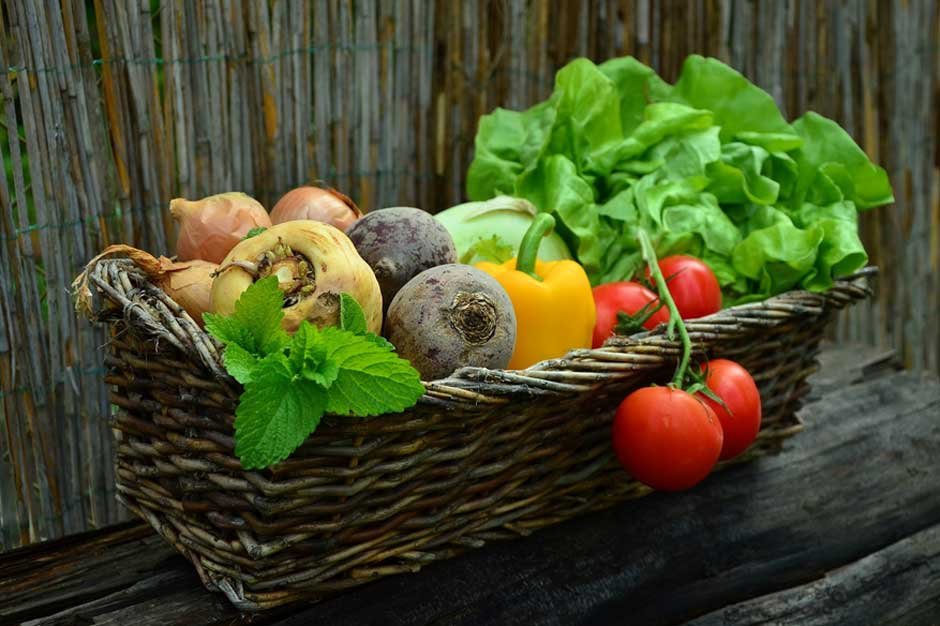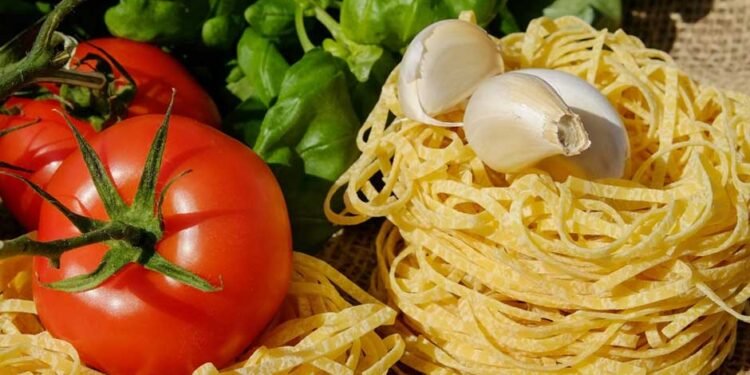It’s impossible to begin and end the story of Italian cuisine in just a few lines. When Italian food is mentioned, people immediately think of pizza and pasta. However, Italy is a Mediterranean country that’s turned toward the sea, and not everything revolves around pasta.
Italian cuisine is centered on high-quality wines, olive oil, and fresh ingredients. It also values fresh fish and seafood. Italian food is a Mediterranean cuisine that is quite balanced, with numerous health benefits of Italian food. Italy’s gastronomic offerings are rich and divided by region, making them diverse.
The most popular Italian dishes are undoubtedly pizza and pasta, though other ingredients still shine. The best Italian food, as explained here, includes spicy flavors from Naples and Calabria, dishes with Liguria’s pesto sauce, and creamy cheeses and risottos from the Italian Alps. Southern Italy is known for seafood and olive oil. The most famous ingredients of Italian food are also healthy, and the following outlines some of the health benefits of Italian cuisine.
There’s Only One Oil – Olive Oil
Olive oil has earned its reputation as “liquid gold” and is an essential, if not fundamental, part of every Italian dish. It’s used in salads, sauces, and frying, and it is almost impossible to discuss the health benefits of Italian food without mentioning it.
Olive oil is pivotal in the diet because it contributes to longevity and health advantages. It is integral to most Italian dishes. Cold-pressed extra-virgin olive oil has the best nutrient profile.

Basil
Basil is a staple seasoning in a wide array of Italian dishes, from the renowned Caprese salad with tomatoes and mozzarella to bruschetta with pesto.
When mixed with olive oil and Parmesan cheese, basil elevates the ordinary to delectable dishes enjoyed by one and all.
Basil is a staple ingredient in most Italian recipes and is packed with health benefits, generally responsible for the renowned health benefits of Italian cuisine.
This aromatic herb facilitates breathing, dispels cramps, and aids digestion. If basil is used habitually, fresh breath and oral health may be noticeable.
Oregano
The most famous herb is known for creating the characteristic “Italian” flavor in dishes. Oregano is rich in vitamin K and contains significant amounts of vitamins E and C, iron, manganese, calcium, and fiber.
However, its greatest value lies in its abundance of antioxidants. It pairs well with baked goods, vegetables, legumes, fish, pizza, and tomato sauce.
More Fresh, Raw Food
This especially applies to southern Italy, the exotic island of Sicily, where every dish is enriched with tomatoes, spices, and lemon. Pasta is served with a little olive oil, homemade tomato sauce, and oregano and is always served in small portions.
Finally, Balance and Smaller Portions
Italians eat more frequently but in smaller portions. They also do not focus too much on calories but stop eating when they feel full and have enough space for one more coffee. The health benefits of Italian food lie in the perfect balance of fats, carbohydrates, starch, and protein in their dishes.












